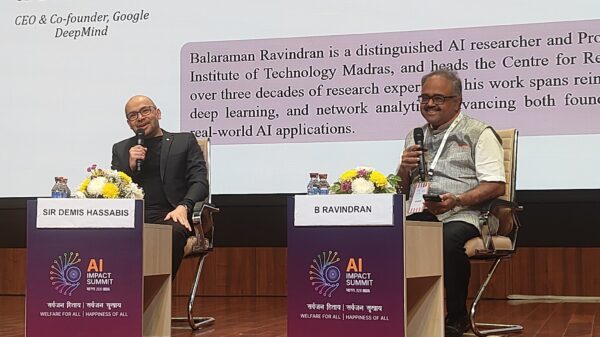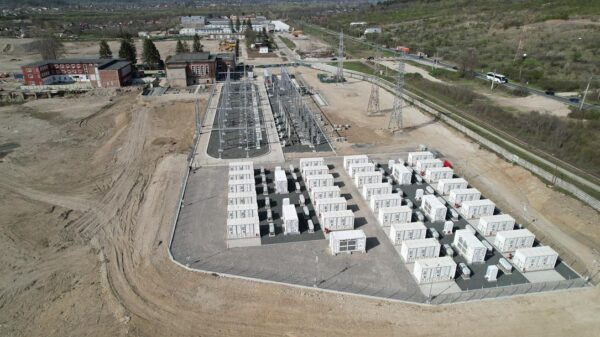Cybersecurity firm, Fortinet Inc (NASDAQ: FTNT), streamlined its security operations for its global clients by integrating generative artificial intelligence capabilities across its product line.
Announced on Thursday, the company’s implementations specifically targetted the FortiNDR Cloud and Lacework FortiCNAPP programs.
FortiNDR Cloud integrates GenAI to accelerate threat coverage analysis, enabling security teams to efficiently navigate vast data sets and quickly identify and respond to potential threats. This integration enhances both the speed and effectiveness of threat response.
Furthermore, Lacework FortiCNAPP simplifies investigations by using AI to streamline the identification, contextualization, and response to security alerts in cloud-native applications.
“By integrating FortiAI in such a broad range of solutions, we’re equipping our customers with powerful, adaptive tools that transform how they manage and respond to cyber threats,” said John Maddison, chief marketing officer at Fortinet.
The company states that the introduction of GenAI capabilities will profoundly transform cybersecurity operations.
Fortinet’s GenAI tools bridge the cybersecurity skills gap by enabling teams with different expertise levels to use natural language to query systems, analyze threats, and configure networks. This democratization of security operations can make human resources more efficient and reduce the need for extensive training for new hires or less experienced analysts.
Fortinet shifts cybersecurity from a reactive to a proactive approach with FortiAI. By interpreting security events, suggesting remediation plans, and automating responses, the AI empowers organizations to mitigate threats before they escalate.
“As cyber risks continue to grow, we’ll continue to empower our customers with solutions that streamline security processes, improve decision-making, and bolster resilience against evolving threats,” Maddison said.
Read more: Plurilock Security joins forces with cloud platform for data protection
Read more: Sakana AI creates fully autonomous researcher: the ‘AI Scientist’
Forinet could increase customer retention with efficient solutions
Fortinet’s focus on AI strengthens its position in an industry increasingly dependent on intelligent automation, setting it ahead of competitors who may lack the same breadth of application across their portfolios.
Although immediate revenue gains might not be sharply visible, the long-term financial implications could be substantial. By integrating AI into its products, Fortinet could increase customer retention as clients experience more advanced and efficient solutions, fostering loyalty and reducing churn.
This integration may also create upselling opportunities, as existing customers recognize the added value of AI-enhanced security operations and consider more of Fortinet’s solutions.
Additionally, the novelty and effectiveness of AI-driven cybersecurity could attract new clients seeking cutting-edge security. Fortinet’s ongoing investment in AI technology could positively impact its stock value, appealing to investors who favor innovation leaders in fast-evolving sectors like cybersecurity.
According to Grand View Research, the global AI in cybersecurity market reached a value of approximately USD$20 billion in 2023 and is set to grow at a compound annual growth rate (CAGR) of 24–26 per cent over the next several years, potentially reaching USD$60–$90 billion by 2030.
Several factors are driving this rapid growth.
Rising cyber threats are pushing organizations to adopt AI-powered tools that can quickly adapt to and counter increasingly complex attacks. The widespread adoption of cloud services and IoT devices is also increasing demand for AI-driven cybersecurity solutions to manage these complex networks effectively.
Additionally, the shortage of cybersecurity talent is spurring organizations to use AI to automate routine tasks and support analysts in threat detection and response, helping bridge the skills gap.
.
Follow Joseph Morton on Twitter
joseph@mugglehead.com














